13.08.2024
Lung cancer patient pathway project illuminates gaps in cancer care
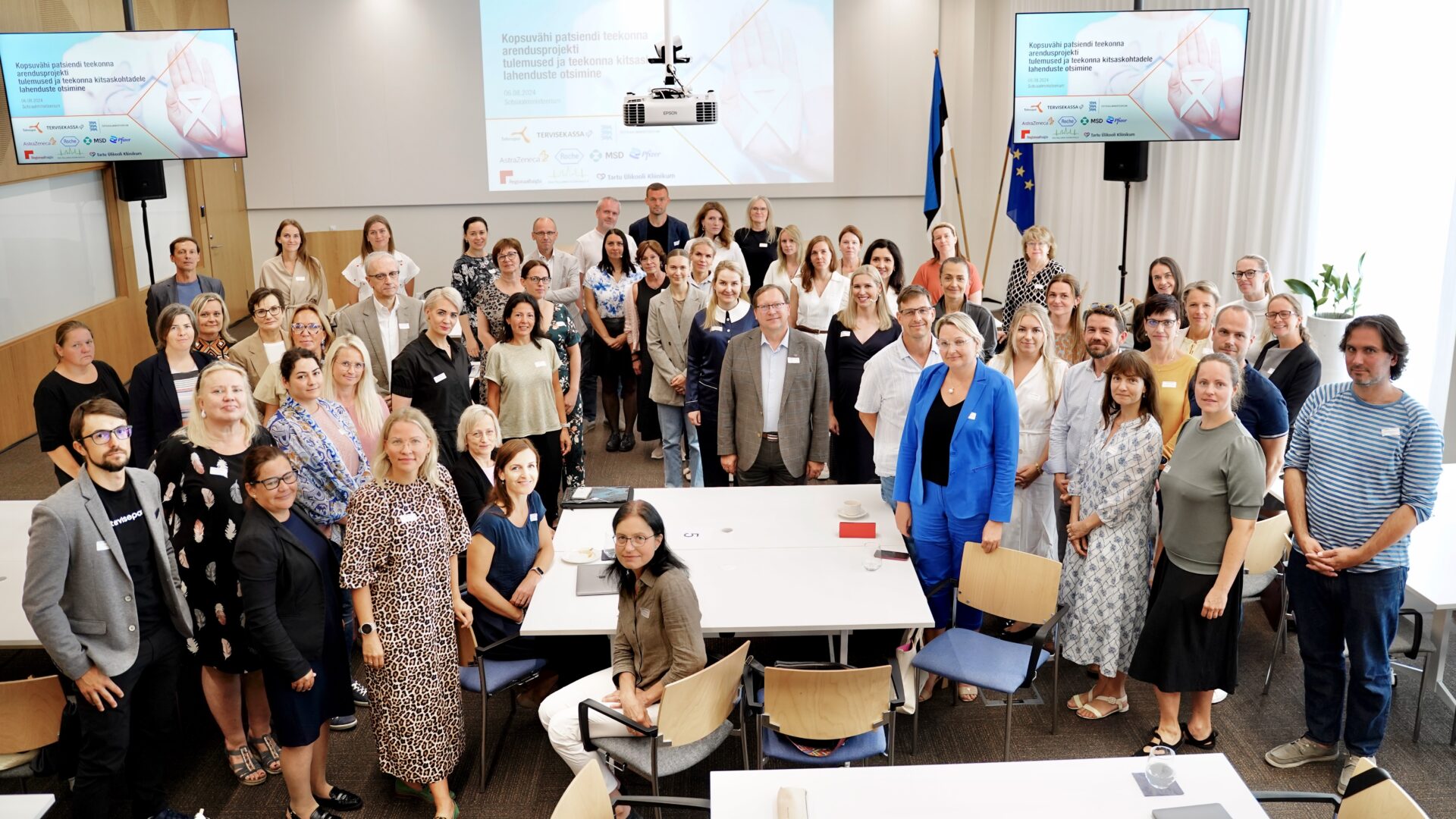
The Ministry of Social Affairs recently hosted the concluding event for the lung cancer patient pathway development project, which explored the project’s findings and discussed opportunities to enhance the patient journey for lung cancer sufferers. Launched in January 2023, the initiative identified key challenges and proposed solutions to streamline patients’ experiences from pre-diagnosis to treatment and post-care. The insights gathered have led to recommendations that aim to improve the care and support not just for lung cancer patients, but for all cancer patients.
In her opening remarks, Health Minister Riina Sikkut expressed gratitude to the project participants, highlighting the importance of compassionate care alongside technological advancements. She stated, “The lung cancer patient pathway development project was initiated to examine the cancer journey comprehensively. We need to identify any unnecessary complexities or obstacles and understand what can be improved for the benefit of all cancer patients.”
The project concluded with workshops aimed at collaboratively finding solutions
The project mapped the lung cancer patient pathway from prevention and pre-diagnosis to recovery or end-of-life care using the OneCustomer service design methodology. The final event’s workshops focused on two primary areas: improving the process of diagnosis delivery and enhancing the clarity of the information environment. Research showed that the period of waiting for a diagnosis is particularly stressful for patients, while the active treatment phase is well-managed. However, the availability and quality of palliative care varied significantly across Estonia.
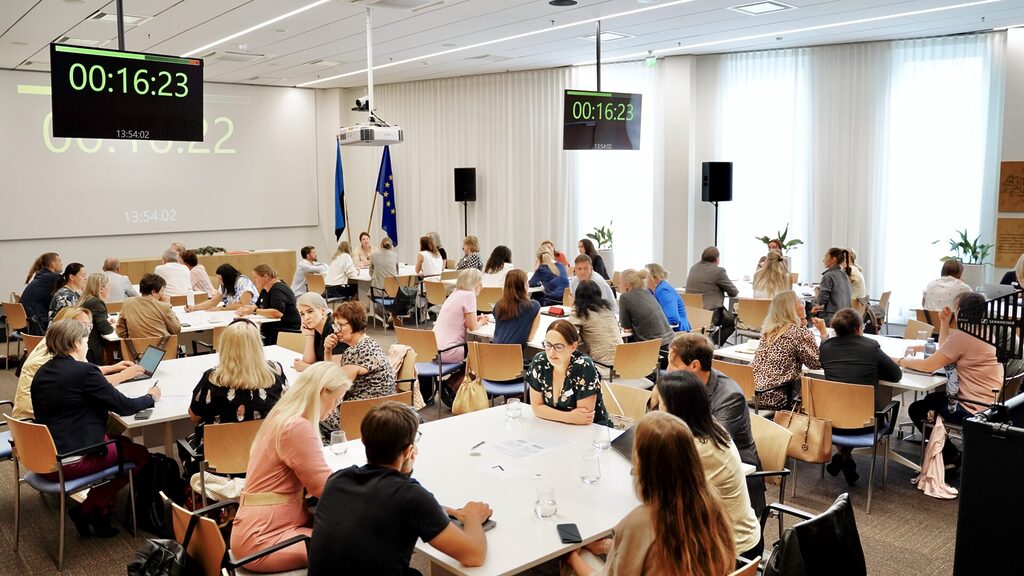
The findings indicate that lung cancer patients and their families need more comprehensive information and support throughout their journey. The workshops emphasized the need to better train healthcare professionals in delivering difficult news and the importance of a unified information source. Additionally, it was identified as essential to provide patients with specific lifestyle recommendations while awaiting diagnosis and to initiate palliative care immediately upon diagnosis.
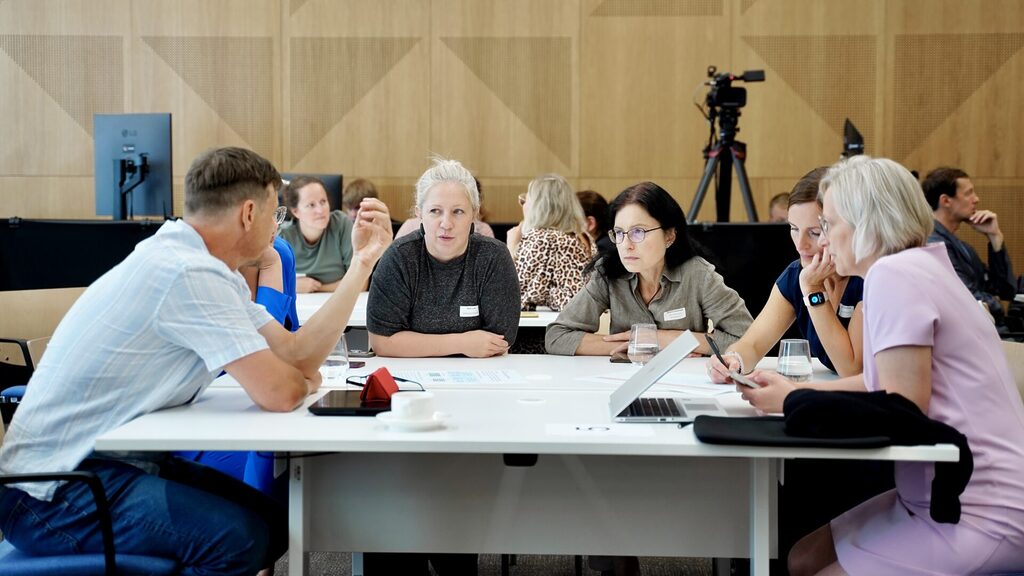
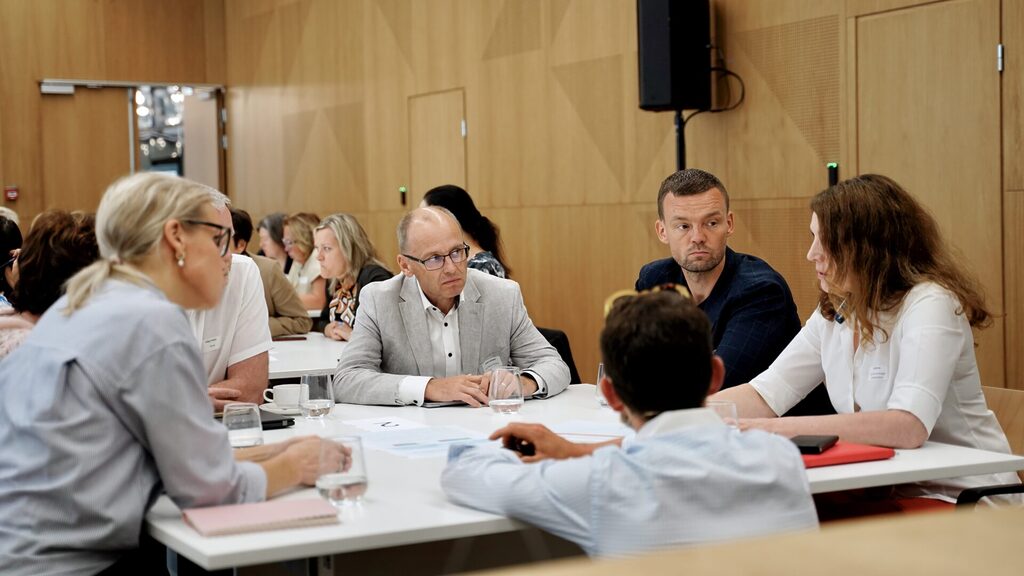
Partnership between the private and public sectors can achieve even greater results
Paulin Jürjens, the project lead and health technology development specialist at Tehnopol, highlighted the project’s success in bringing together key stakeholders from various sectors. “The impact of the project was amplified by extensive data analysis and patient involvement, which are often challenging to achieve,” Jürjens noted. She added that such initiatives align perfectly with Tehnopol’s mission to support world-changing innovation.
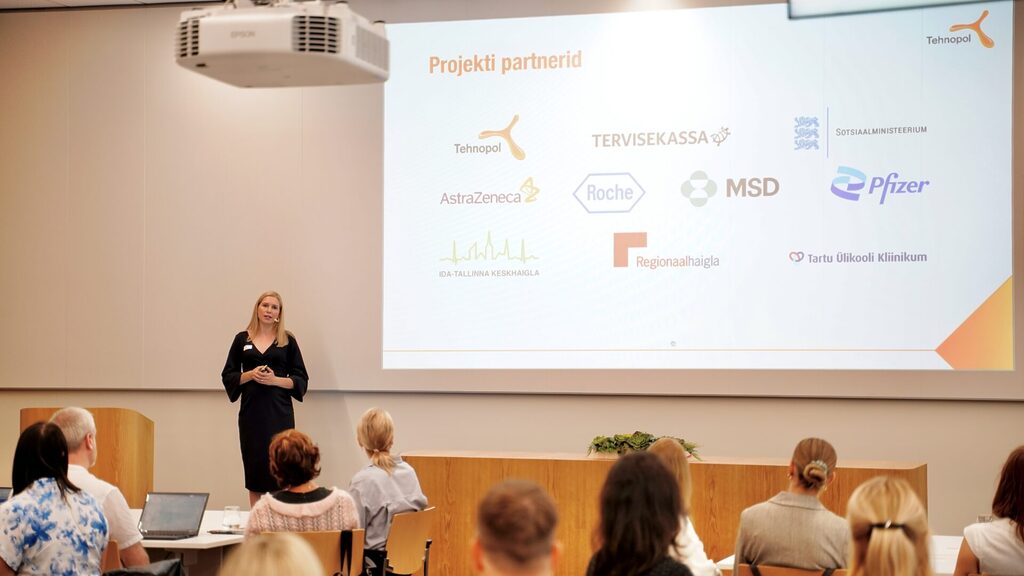
The research identified 15 key development needs, which were prioritized based on their importance and feasibility. High-impact, quickly solvable issues included making the diagnosis delivery process more patient-centric, providing practical information on living with the disease, and clearly explaining medical procedures to patients. Additionally, there was an emphasis on reviewing patient data protection regulations and managing patient expectations during the diagnostic process.
Ülle Kallandi, a representative of AstraZeneca Estonia, writes that pharmaceutical manufacturers play an important role in developing new, effective, life-saving medicines. They also feel a responsibility and desire to contribute to the advancement and innovation of Estonia’s healthcare sector, supporting the coherence and sustainability of the healthcare system and enhancing patient-centeredness. According to Kallandi, the partnership between the public and private sectors in the project was successful thanks to a shared goal, commitment from all parties, expertise, transparency, and trust. The lung cancer patient journey development project highlighted the importance of smooth collaboration in healthcare to understand the needs and expectations of patients with specific health issues. Comprehensive patient support throughout their journey with the disease is expected to help improve cancer treatment outcomes.
Lung cancer patient pathway is being further developed
Liis Kruus, Head of the Health Services Department at the Health Insurance Fund, stressed that the Tehnopol-led project provides a solid foundation for continued service model development. “During the acceleration program, we will further refine the lung cancer treatment pathway to shorten the time from cancer suspicion to the start of treatment. This will contribute to better patient outcomes and survival rates. A comprehensive service model will be developed, health outcomes and patient experiences will be measured, and a performance-based remuneration system will be implemented.”
The lung cancer patient pathway development project was public-private partnership between Ministry of Social Affairs, the Health Insurance Fund, and pharmaceutical companies AstraZeneca, MSD, Pfizer, and Roche, in collaboration with the Tehnopol health technology cluster. The project’s goal was to develop solutions that address the needs of lung cancer patients and support the creation of innovative solutions within the health and social care systems.
In Estonia, approximately 800 new cases of lung cancer are diagnosed annually. The vision of the Estonian Cancer Control Plan 2030 is to reduce cancer incidence, extend the lifespan of cancer patients, and improve their quality of life. The final report on the project’s results will be completed in the autumn, with the data remaining available for an additional three years to support further analysis and development activities.
Tehnopol’s HealthTech community integrates the health community into a unified whole and, with its supportive network, helps propel health technology companies to success both in Estonia and globally. The community is involved in co-creation projects that promote both local and international health sectors, various events, community integration initiatives, and enhancing communication between ecosystem participants.
Interested in joining? Contact us!

















